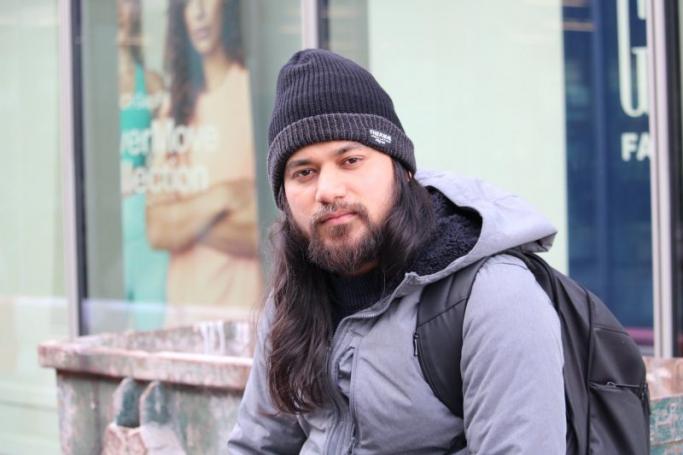Mizzima
“The term ‘double minority’ simply means a ‘minority within a minority,’” Christopher Win explains.
“Rakhine is an ethnic minority group in Myanmar, and Maramagyi is an even smaller group than the Rohingya! I'm from that small minority group, and I work as an ethnic rights activist.”
Christopher delves into his life here in an interview with Insight Myanmar:
https://insightmyanmar.org/complete-shows/2023/7/31/episode-186-a-double-minority
MINORITY WITHIN A MINORITY
The Maramagyi community comprises approximately 10,000 people who share linguistic similarities with the Rohingya; both trace their roots to communities in Bangladesh. However, unlike the Rohingya who are predominantly Muslim, the Maramagyi practice Buddhism, like the Barua people of Bangladesh with whom they share a connection. These groups were possibly part of a migration of native Indian Buddhists fleeing the Mughal Empire as it spread across the subcontinent in the 16th century. It is noteworthy that two highly revered 20th century vipassana meditation masters, Anagakira Munindra and Dipa Ma, are both of Burua ethnicity.
DISCRIMINATION
Regrettably, the Maramagyi community in Myanmar has endured significant discrimination throughout the years at the hands of the larger Rakhine and Rohingya communities, including intimidation and even violence which has resulted in forced displacement. But not only has the Burmese state not intervened on their behalf, it has imposed its own oppressive measures on the community. For example, it limits the educational opportunities open to the Maramagyi, and bans them outright from entering fields like medicine and engineering. And if this wasn’t enough, the government also subjects them to severe travel restrictions, permitting them to venture outside their region for just 45 days per year. As Christopher points out, just this restriction, itself, limits members of his community from not only attending any school, but also in their work opportunities, and even their ability to receive extended medical treatment.
BULLYING AT SCHOOL
Christopher recalls being bullied by non-Maramargyi peers, and even physically harassed by teachers at school. Even worse, though his parents are both citizens with national registration cards, Christopher has been denied citizenship himself, making his legal status precarious. He remembers how his father was called a “kala,” a derogatory term that Burmese typically use when referring to Indian Muslims. And when he’s traveled by bus, police at checkpoints have often forced him to exit and demanded that he recite Buddhist prayers as a kind of proof that he wasn’t Muslim.
HUMAN RIGHTS WORK
Christopher had already been involved in activism several years before the coup. He began by documenting human rights violations in Rakhine state, collaborating with human rights organizations, including the UN Human Rights Office.
In this way, he sees himself as an outlier in his small community. “Maramagyi people have this strong inferiority in their mind,” he acknowledges. “They think that standing up against any ruling group is very much like a crime, because they have seen those sort of atrocities for many decades.”
Fear of the potential risks and repercussions of engaging in activist work have significantly repressed the possibility of more widespread organizing within the Maramagyi community. “I think it will take time to heal their inferiority. So far, we don't have any resistance groups, and they are very afraid.”
Check out the podcast interview with Christopher Win at Insight Myanmar: https://insightmyanmar.org/complete-shows/2023/7/31/episode-186-a-double...












